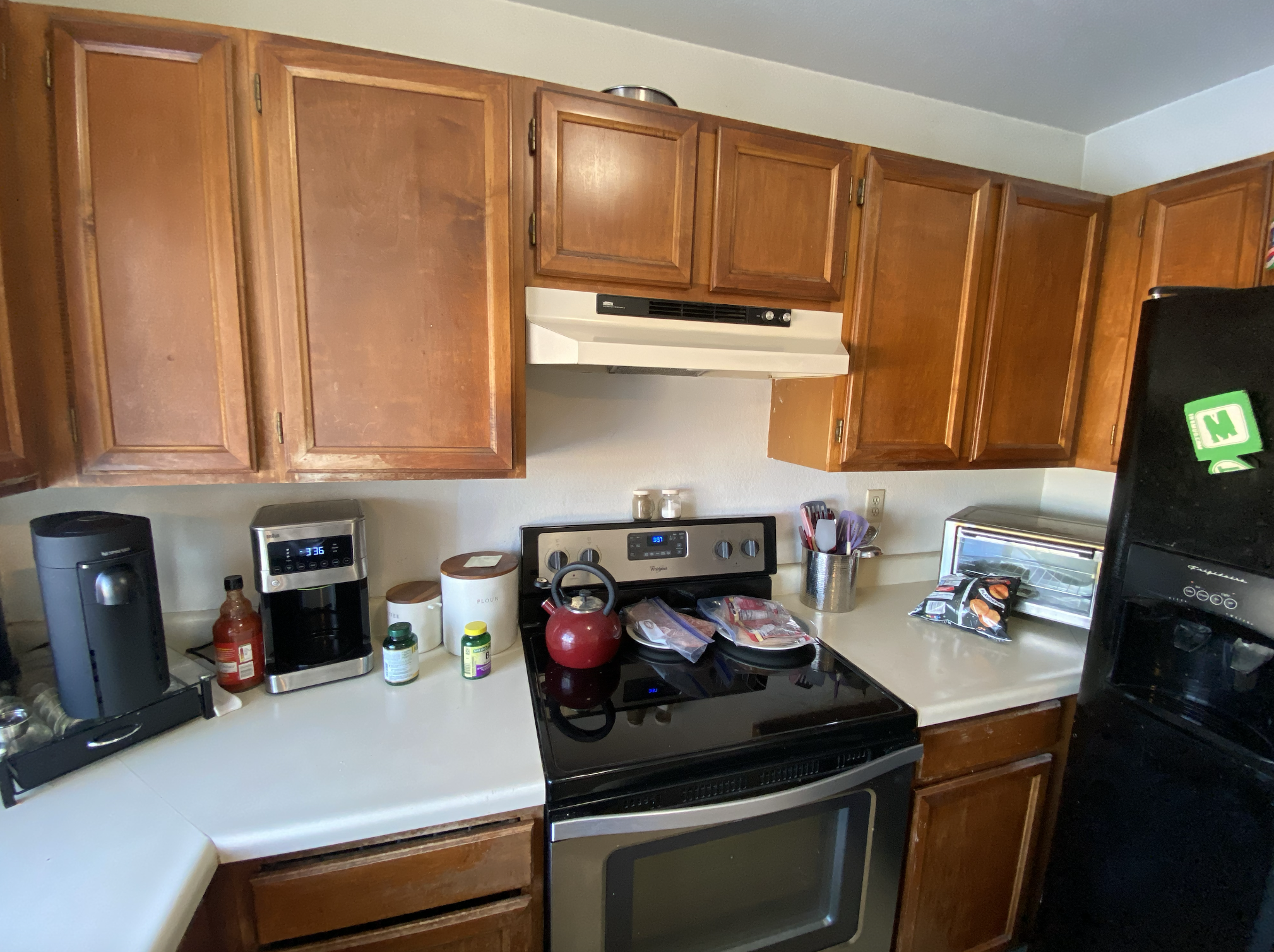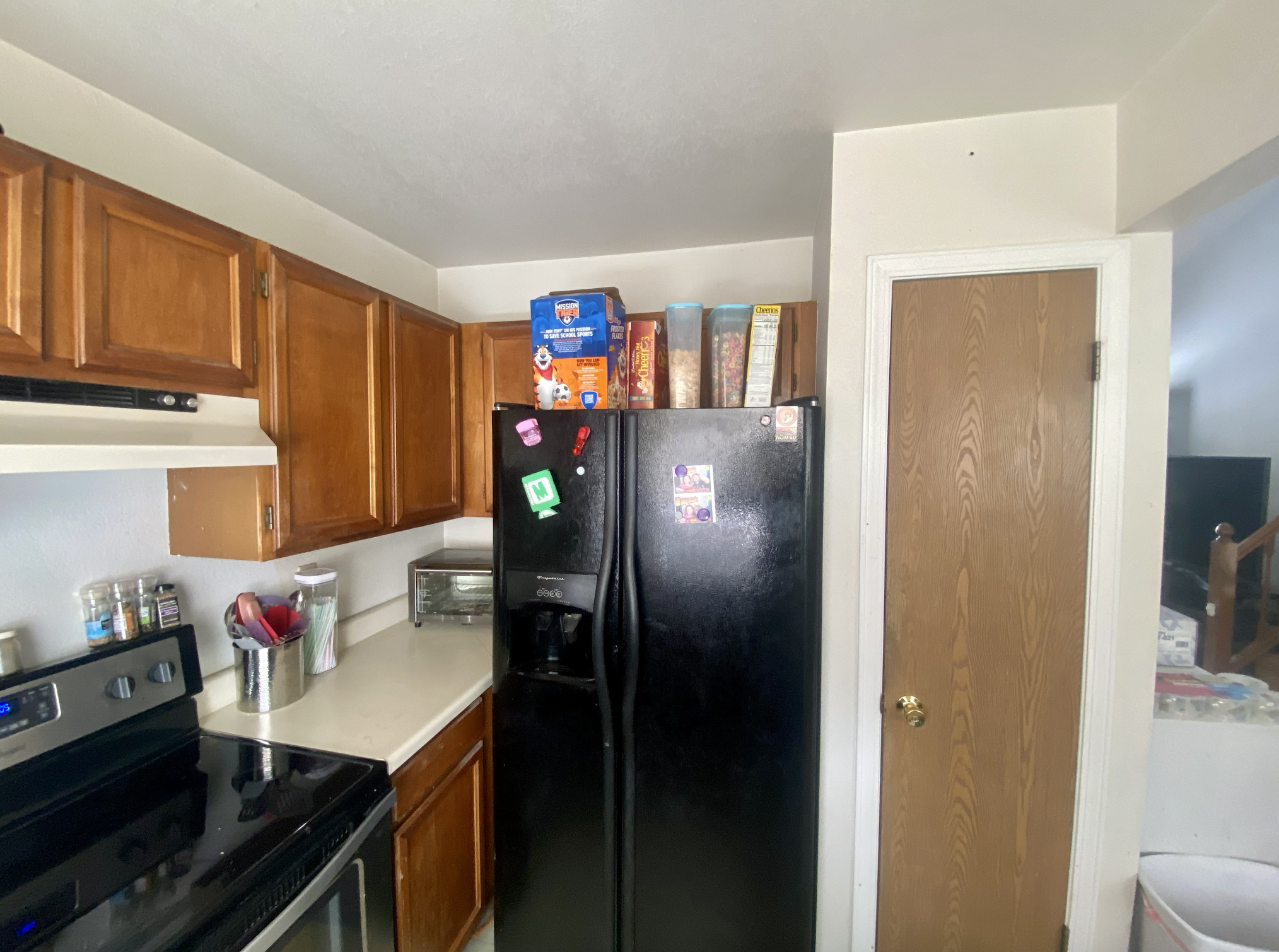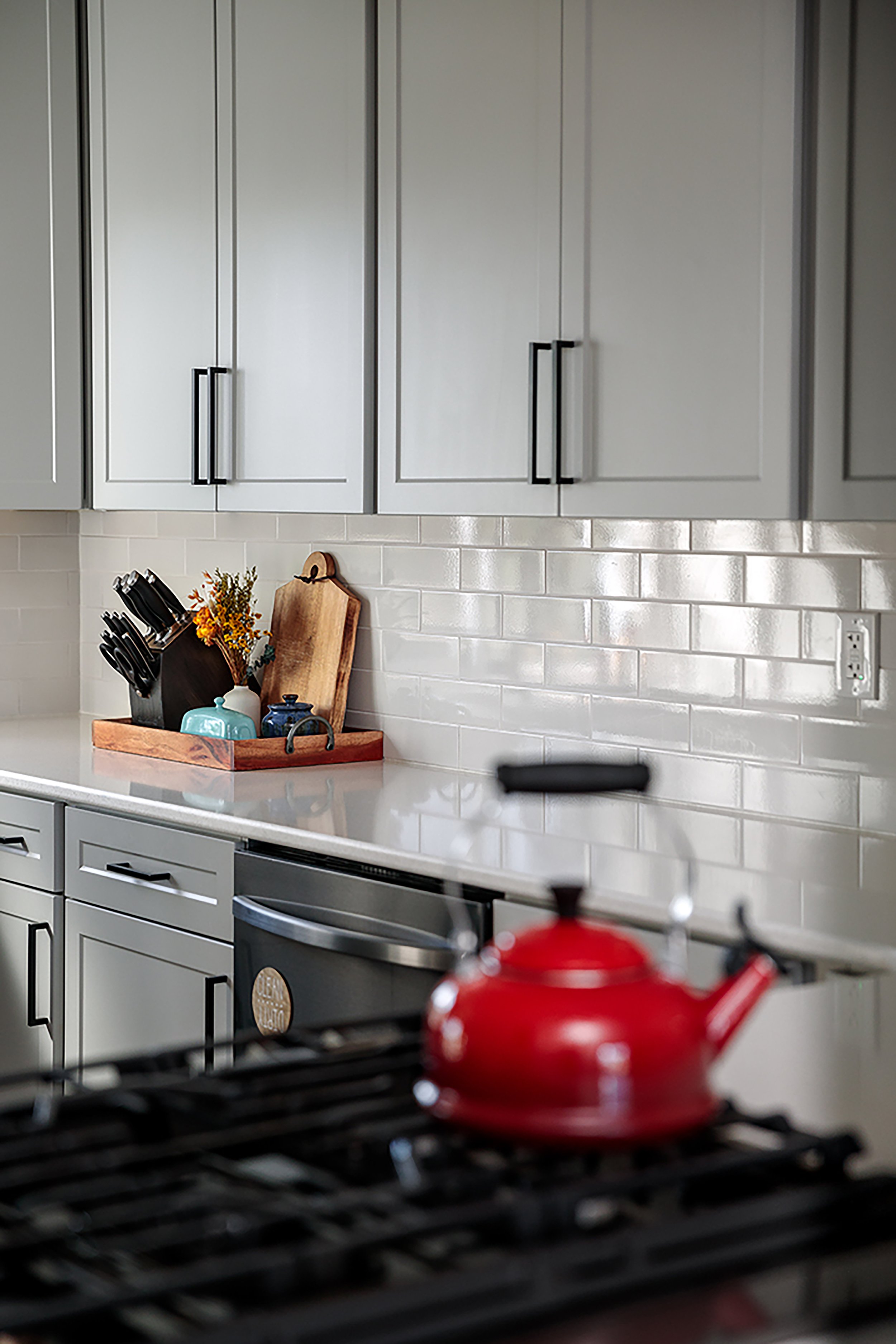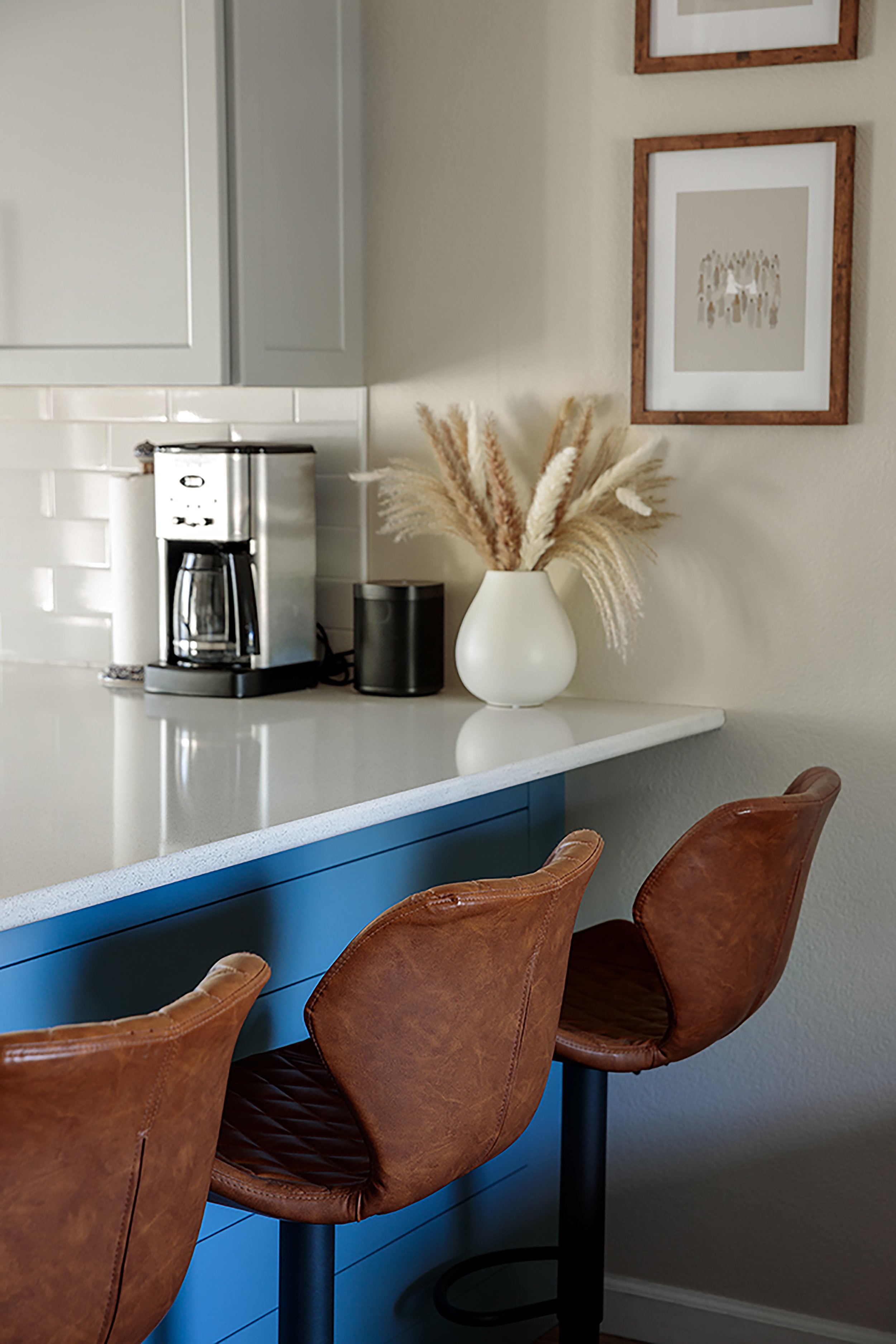The “dry January” challenge of giving up alcohol for a month got us thinking about kicking some other bad habits that might be holding us back.
We’re not talking about giving up carbs for a month or an afternoon latte, but the not-so-great things you might be doing as a wannabe homebuyer. Not to point fingers here, but many home shoppers fall prey to a faux pas or two when making what’s likely the most significant purchase of their lives, especially in today’s brutal housing market.
To help you get closer to your homebuying dreams, consider taking the month of January to hit the reset button and think about the strategies that aren’t working in your favor. Ready for a homebuying reset? Read on.
Bad habit No. 1: Shopping for a home above your price range
We know how tempting it is to wistfully eye houses above your price range, especially if you’re not finding anything in your budget on the listing pages. Still, wondering how you just might be able to swing a higher homebuying fund is a bad habit that could create a cash flow crisis for your budget.
There are additional upfront costs when buying a home. In addition to the sales price, you will pay for inspections, appraisals, homeowners insurance, utility deposits, and closing costs, which could add thousands to your bottom line.
So kick the habit of browsing homes beyond your budget by challenging yourself to discover hidden gems within your financial comfort zone.
Bad habit No. 2: Taking on new debt while house hunting
Finding a home can be extremely tiresome and stressful. Who can blame you for wanting to treat yourself with a little somethin’ somethin’ to lift your spirits?
Yet splurging on certain things can get homebuyers into hot water. A new pair of kicks? Go for it. A new set of wheels? Not so much.
Stay accountable by sharing your house hunting and financial goals with a trusted friend or family member. They can support and remind you of your commitment to avoid new debt until after closing.
Bad habit No. 3: Nixing a home for minor issues
Fact: Finding a home with no cosmetic issues is extremely rare. Instead of perfection, you’ll likely step into a bedroom with an off-putting mural from the ’70s that makes you cringe, or tour a house with icky carpet. And these gut reactions might make you immediately scratch a property off your list.
Instead, try visualizing what the house would look like with your decorative effort—or grab a friend who can see the potential and upsides of a home needing TLC.
If the home issues are a bit more complex, get a contractor to give you an estimate on fixing what you dislike.
Bad habit No. 4: Buying a home to fit furniture
You keep finding almost perfect houses, with one exception—your beloved soft and roomy sectional where you spent many nights cozied up with your pup watching Netflix doesn’t fit.
But please don’t nix the house and keep looking. You might want to consider a new way to handle this hurdle, as unique or sentimental as the furniture is.
Bad habit No. 5: Insulting the seller
Buying or selling a house can be highly emotional for both parties.
Buyers fall hard and fast for a house and become attached to the house. Meanwhile, sellers might have a hard time parting with their beloved home.
By cultivating an atmosphere of respect and consideration, you improve the chances of successful negotiations and build trust and goodwill with the seller, which can be invaluable when addressing any potential concerns and conducting inspections.
Bad habit No. 6: Using multiple agents
Working with a few agents to scope out as many houses as possible in a competitive market might seem like a genius idea to beat the system.
Yet while working with multiple agents is legal (unless you sign a buyer’s agent agreement), having an agent or three on speed dial doesn’t put you ahead of the curve. All real estate agents have access to the same multiple listing services, meaning you might have different agents showing you the same property.
Instead of creating headaches for yourself, interview a few agents and then choose one.
Read more at Realtor.com
Related Links
Gen Z’s Homeownership Rate Stagnated in 2023, But Millennials and Gen Xers Saw Gains
Mortgage rate decline pulls buyers back into the housing market
If there is a home that you would like more information about, if you are considering selling a property, or if you have questions about the housing market in your neighborhood, please reach out. We’re here to help.













